
Mizzou Cyber Range to Focus on Cyber Pretense Strategies
Hackers are getting smarter about ways to steal sensitive information from the cloud. Now, a new “Mizzou Cyber Range” will train the next generation of cybersecurity professionals to fight back using cyber pretense strategies. Armed with new grant funding from the National Security Agency, Prasad Calyam and his team are building the Mizzou Cyber Range through the MU Center for Cyber Education, Research and Infrastructure.
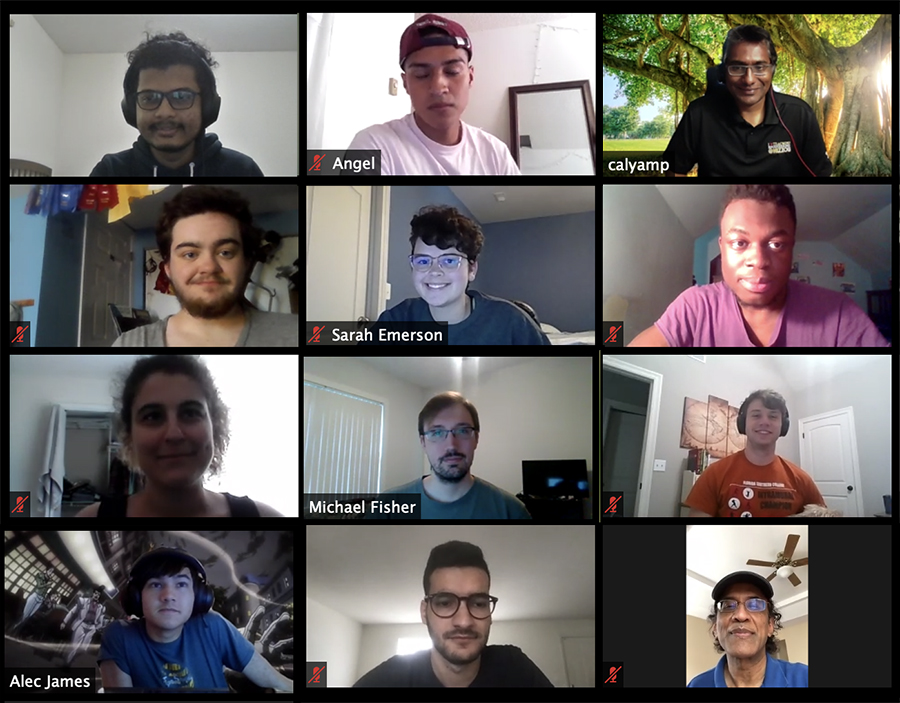
Undergraduates Conduct Research Through Mizzou REU
They analyzed data from medical records. Studied the impact of virtual learning environments. And came up with ways to better detect fake videos. In the end, participants of this year’s Research Experiences for Undergraduates (REU) program at Mizzou Engineering gained a deeper appreciation of research and how it applies to everyday life
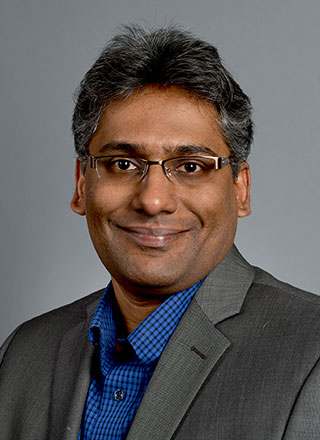
NSF Project to Advance Edge Computing
Edge computing has the potential to make our computers and devices run smarter and faster. Right now, though, the technology is in its infancy and not ready for prime time.

Mizzou to Offer Cyber Security Camp Virtually this Summer
Mizzou Engineering will offer a cyber security camp for high school students virtually this year. The Hacker Tracker camp is typically part of Mizzou Summer Camps. However, the university has canceled other 2020 camps because of COVID-19 concerns.
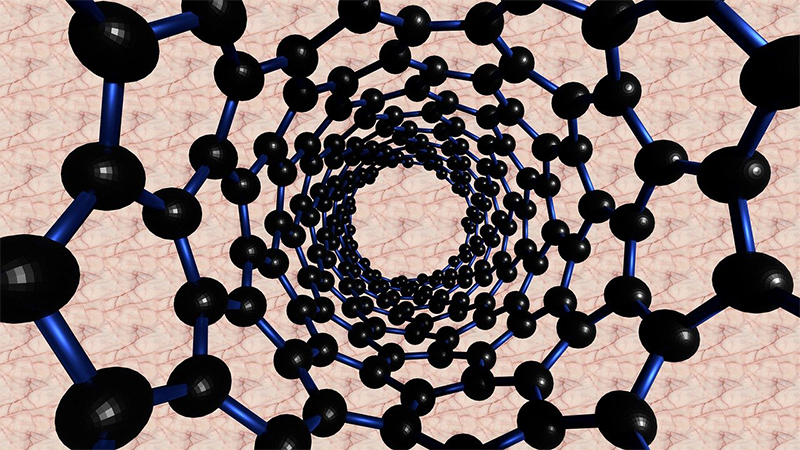
Mizzou Team to Use AI to Grow Carbon Nanotubes in Mass Quantities
A team of Mizzou Engineers is turning to artificial intelligence (AI) to help grow and control large quantities of carbon nanotubes—tiny, cylinder-shaped molecules made of rolled sheets of carbon. Using AI is a novel approach to mass producing them, a problem that has plagued scientists for decades. Now, the National Science Foundation is backing the idea with an award funding the group’s research for three years.
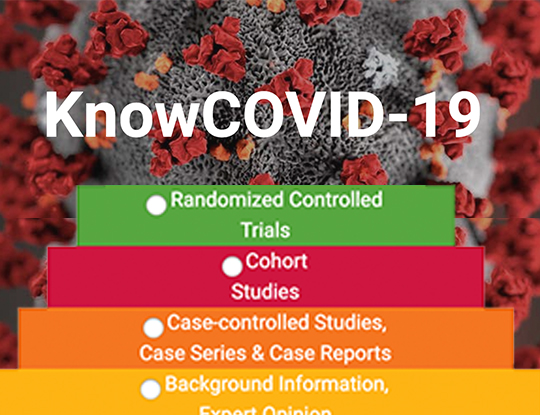
Site Connects Users to Reliable Information About COVID-19
Looking for reliable information about COVID-19? Want to access articles quickly without having to sort through hundreds of journal articles? You’re in luck. Graduate students at Mizzou Engineering have developed a tool to help you sift through resources fast.
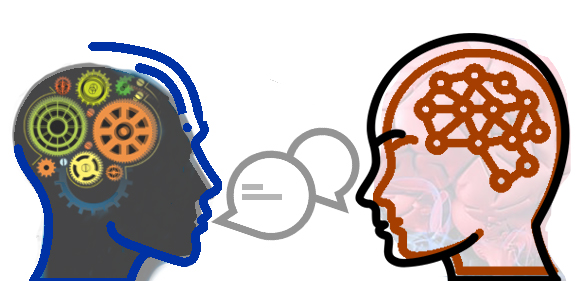
Mizzou Engineers Develop New AI Advisor
Want your smartphone to find a restaurant? No problem. Want artificial intelligence to help you plan a healthy diet on a grocery budget of $400 a month? You’re on your own. But research around artificial intelligence happening at Mizzou Engineering may change that. Associate Professor Prasad Calyam and his students from Electrical Engineering and Computer Science are developing an AI advisor that could help smartphones talk you through the tough questions.

Past Participants Tout Benefits of REU Program
Students from across the country will spend the next 10 weeks developing consumer networking skills. It’s part of a Research Experiences for Undergraduates, or REU, program at Mizzou Engineering funded by the National Science Foundation. And for some, it’s life changing.

Protect yourself from would-be hackers
Organizations across the country this spring are turning to Mizzou Engineering’s Prasad Calyam, director of the college’s Center for Cyber Education, Research and Infrastructure, for his expertise on keeping cloud-based platforms secure but still functional as more users access systems in healthcare, education and government.

Mizzou Engineers leading UM System effort for computational data hub
The upcoming NextGen Precision Health Institute will bring researchers from across MU and the UM System together in one world-class facility to collaborate on the kinds of research that will shape the way the world uncovers precision health outcomes for individual patients.